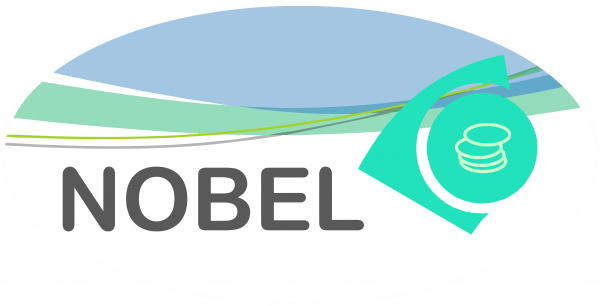Novel business models and mechanisms for the sustainable supply of and payment for forest ecosystem services

Coordinator: Harald Vacik, University of Natural Resources and Life Sciences Vienna, Austria
harald.vacik (at) boku.ac.at
Other partners: DE, ES, FR, NO, PT, SE
Project duration: 02/2019-09/2022
Project abstract:
European forests cover one third of the total land area and forest management enables a wide range of different goods, products and services. European forest policy also influences the framework conditions for the provision of forest products and ecosystem services. In recent years, there have been several initiatives to raise society’s awareness of the provision of forest ecosystem services and to discuss mechanisms to enable payments for their maintenance. In this context, Payments for Ecosystem Services (PES) have been identified as an important mechanism to bridge the gap between society’s requirements and potential providers.
The NOBEL project investigated the requirements for the provision of spatial information for the development of business models and analysed innovative PES mechanisms for a sustainable provision of such services. The project has evaluated new indicators for the identification of forest ecosystem services that are not normally considered in forest inventories or in the context of forest management, including the suitability of remote sensing data and existing national inventory programmes. Stakeholders at European and regional level were involved to discuss the design of the business models for the provision of forest ecosystem services and assess their impact. The communication between stakeholders (policy makers, providers and beneficiaries) has been supported through online workshops and face to face meetings.
The identified business models for the provision of forest ecosystem services under different ecological and socio-economic conditions were tested in the case studies and discussed with the relevant stakeholders. Different methods and tools were designed to implement the business models. In this context a web-based auction platform has been adapted for the demonstration and comparison of alternative business models in the case studies. An analysis of the impacts of different management practices on the provision of forest ecosystem services for selected types of forest owners, management systems and forest types has been carried out.
In NOBEL selected forest ecosystem models were improved to support the prediction of the effects of management practices on forest ecosystem service provision and different methods to assess and optimise the economic viability of the business models were analysed. The necessary policy frameworks for a successful implementation of business models for the provision of forest ecosystem services were identified in the case studies and recommendations for European forest policy were developed based on those findings.
Project website: link
Project presentation at ForestValue kick-off seminar 23-24 May 2019: pdf